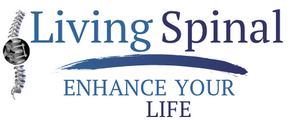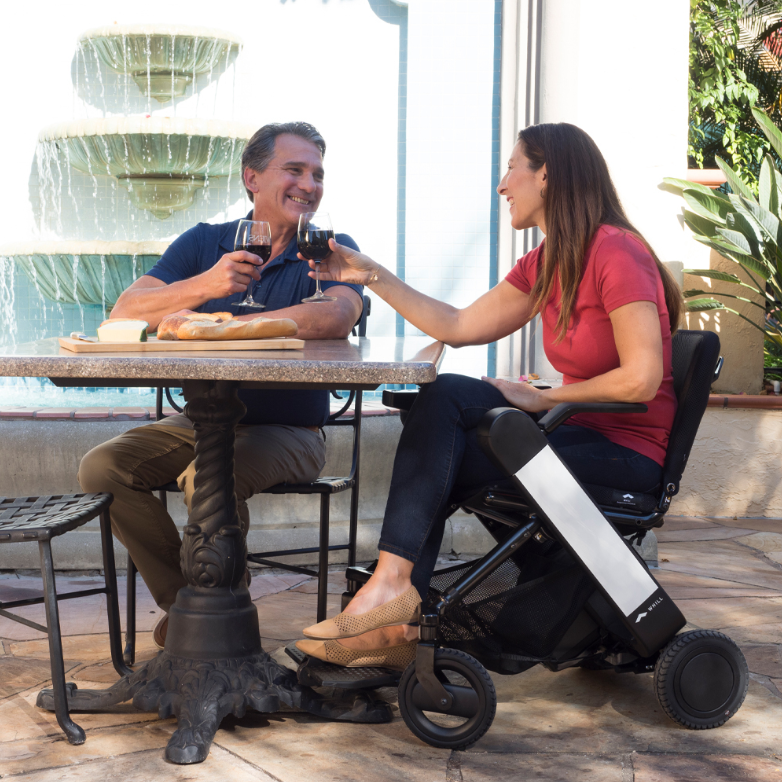Power Wheelchairs vs. Manual Wheelchairs
Posted by Living Spinal on Aug 3rd 2023
In today's world, accessibility and mobility are vital for individuals with physical disabilities or limited mobility. Wheelchairs play a crucial role in empowering these individuals, providing them with the freedom to move, explore, and participate actively in various aspects of life. When it comes to wheelchairs, there are two main options: power wheelchairs and manual wheelchairs. Each type offers unique advantages, but in this blog post, we'll delve into the benefits of power wheelchairs and how they can significantly enhance the lives of wheelchair users.
Independence and Mobility
One of the primary benefits of power wheelchairs is the level of independence they provide. Unlike manual wheelchairs, power wheelchairs are motorized, enabling users to move effortlessly using a joystick, switch, or other control mechanisms. This independence allows users to navigate through their environment without assistance, promoting a sense of freedom and self-reliance.
Reduced Physical Strain
Manual wheelchairs require users to manually propel themselves using their arms and upper body strength. This constant physical effort can lead to strain, fatigue, and even repetitive stress injuries. In contrast, power wheelchairs eliminate the need for manual propulsion, reducing the strain on the user's arms and shoulders. This is particularly beneficial for individuals with limited upper body strength or conditions that restrict their ability to use manual wheelchairs effectively.
Longer Distances Covered
Power wheelchairs are designed to cover longer distances with ease. They boast powerful motors and batteries that can last for extended periods without needing frequent recharging. This advantage enables users to explore their surroundings, participate in outdoor activities, and undertake more extended journeys without worrying about exhausting their energy or relying on others for assistance.
Ease of Use
Operating a power wheelchair requires minimal physical effort compared to maneuvering a manual wheelchair. Power wheelchairs are equipped with intuitive controls that are easy to learn and master. This ease of use opens up opportunities for users of all ages, including the elderly or those with limited dexterity, to experience improved mobility without the steep learning curve.
Improved Posture and Comfort
Power wheelchairs often come with customizable seating options, ensuring the user's comfort and optimal posture. This is especially crucial for individuals who spend long hours in their wheelchairs. The ability to adjust seating positions helps prevent pressure sores, back pain, and other discomforts associated with prolonged sitting, enhancing overall well-being.
Safety Features
Modern power wheelchairs are equipped with various safety features, such as anti-tip devices, stability controls, and obstacle-detection systems. These features minimize the risk of accidents and provide peace of mind to both users and their caregivers.
Accessibility in Various Environments
Power wheelchairs perform exceptionally well in various environments, including rough terrains, steep slopes, and uneven surfaces. They offer superior traction and stability, enabling users to navigate through challenging outdoor landscapes and participate in recreational activities without constraints.
While manual wheelchairs have been instrumental in providing mobility to individuals with physical disabilities, power wheelchairs have taken accessibility and independence to the next level. The benefits of power wheelchairs, such as increased independence, reduced physical strain, longer travel distances, ease of use, improved posture, safety features, and adaptability to different environments, make them an invaluable asset to the lives of wheelchair users. These advanced mobility solutions have the power to unleash independence, boost self-confidence, and open up a world of opportunities for individuals with limited mobility, allowing them to lead fulfilling lives on their terms.

